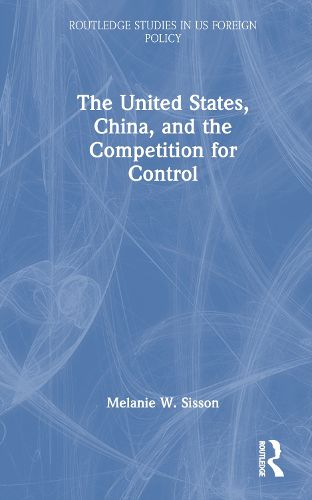Readings Newsletter
Become a Readings Member to make your shopping experience even easier.
Sign in or sign up for free!
You’re not far away from qualifying for FREE standard shipping within Australia
You’ve qualified for FREE standard shipping within Australia
The cart is loading…






This book considers whether the United States and the People's Republic of China have irreconcilable visions of world order.
The United States, China, and the Competition for Control evaluates the twin claims that China seeks to dismantle the post-World War II international order and that the United States seeks to defend it. It defines the post-war order and examines how the United States and China have behaved within and in relation to it since 1945. An analysis of the two states' rhetoric and policy reveals that their preferences for international order are not as divergent as today's conventional wisdom suggests. The book therefore concludes that U.S. policies that treat China as a threat to international order are misplaced and offers policy recommendations for how the United States can both preserve the post-war order and protect its vital national interests.
The book will be of interest to foreign policy practitioners, commentators, and analysts as well as students and scholars of security studies, international relations, and geopolitics.
$9.00 standard shipping within Australia
FREE standard shipping within Australia for orders over $100.00
Express & International shipping calculated at checkout
This book considers whether the United States and the People's Republic of China have irreconcilable visions of world order.
The United States, China, and the Competition for Control evaluates the twin claims that China seeks to dismantle the post-World War II international order and that the United States seeks to defend it. It defines the post-war order and examines how the United States and China have behaved within and in relation to it since 1945. An analysis of the two states' rhetoric and policy reveals that their preferences for international order are not as divergent as today's conventional wisdom suggests. The book therefore concludes that U.S. policies that treat China as a threat to international order are misplaced and offers policy recommendations for how the United States can both preserve the post-war order and protect its vital national interests.
The book will be of interest to foreign policy practitioners, commentators, and analysts as well as students and scholars of security studies, international relations, and geopolitics.